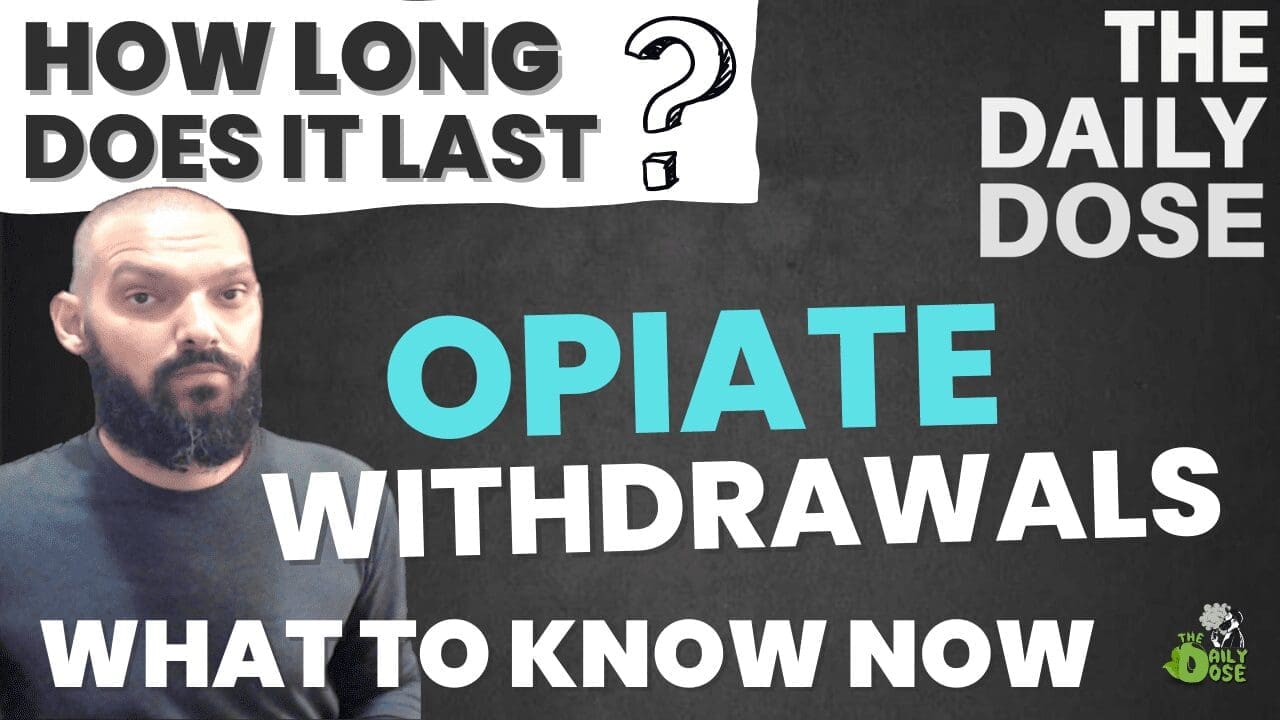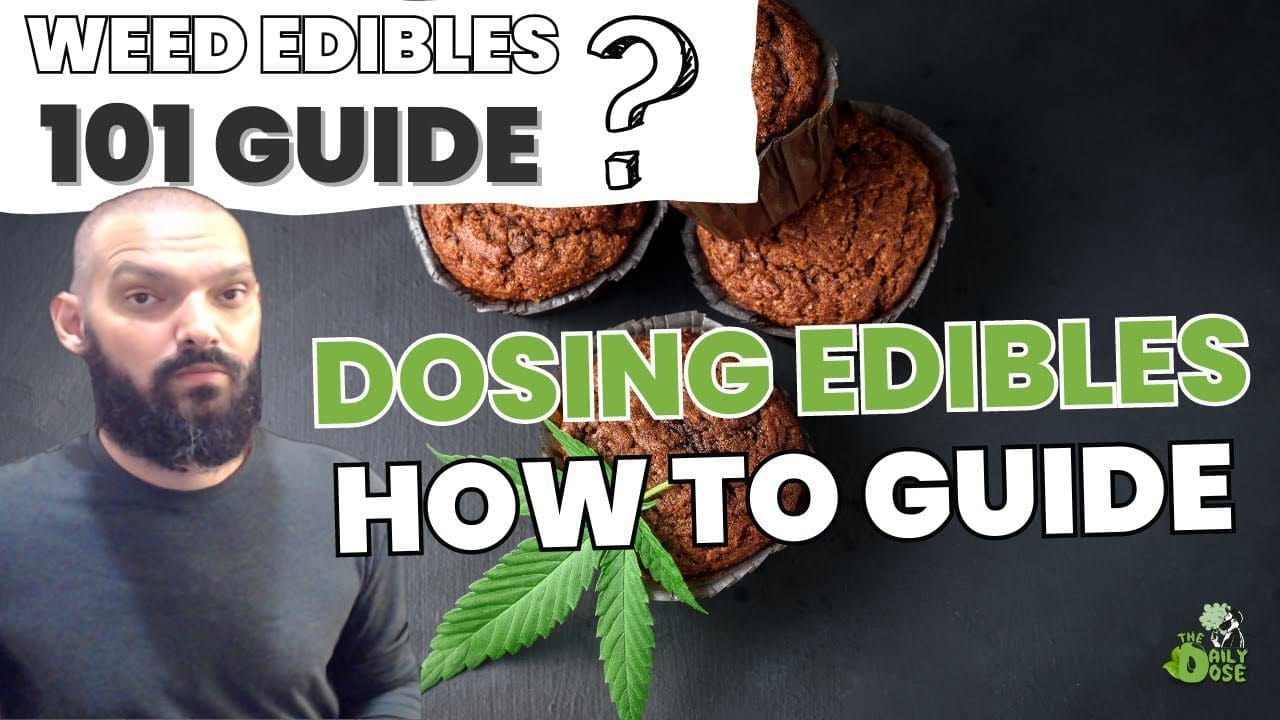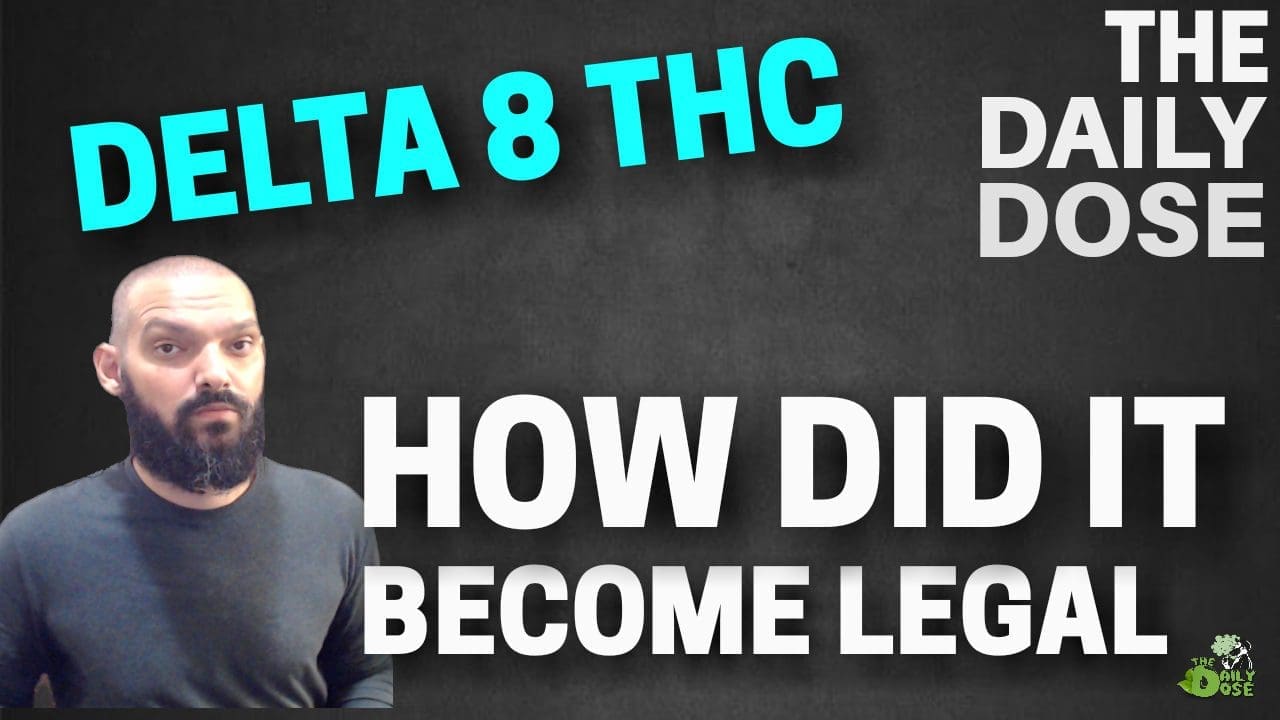How Long Opiate Withdrawals Last What To Know
Key Take Away
- Onset and Duration: Withdrawal symptoms can start within hours of the last dose and typically last for about a week, but the exact timeline can vary.
- Symptoms: Early symptoms include muscle aches, anxiety, sweating, and insomnia, while later symptoms may involve abdominal cramping, diarrhea, nausea, and vomiting.
- Intensity of Symptoms: The severity of withdrawal symptoms can vary based on the level of dependency and the type of opioid used.
- Post-Acute Withdrawal Syndrome (PAWS): Some individuals may experience prolonged symptoms like mood swings, anxiety, and sleep disturbances, which can last for months.
- Treatment and Support: Medical supervision during withdrawal is crucial for safety and comfort. Medications, therapy, and support groups can aid in managing symptoms and reducing the risk of relapse.
Introduction:
Opiates are a class of drugs that include prescription painkillers, such as oxycodone and morphine, as well as illegal drugs like heroin. These drugs can be highly addictive, and quitting them can be a difficult and painful process. One of the most common and challenging aspects of opiate withdrawal is the length of time it takes for the symptoms to subside.
In this article, we’ll explore how long opiate withdrawals last, what factors affect the duration of withdrawal, and what you can do to manage symptoms and support your recovery.
SUMMARY
Opioid withdrawal symptoms typically onset within hours after the last dose, peaking in a few days and lasting for about a week, although some individuals may experience prolonged symptoms for months. Treatment and supportive care are crucial to safely manage the intensity of the symptoms and to address the risk of relapse.
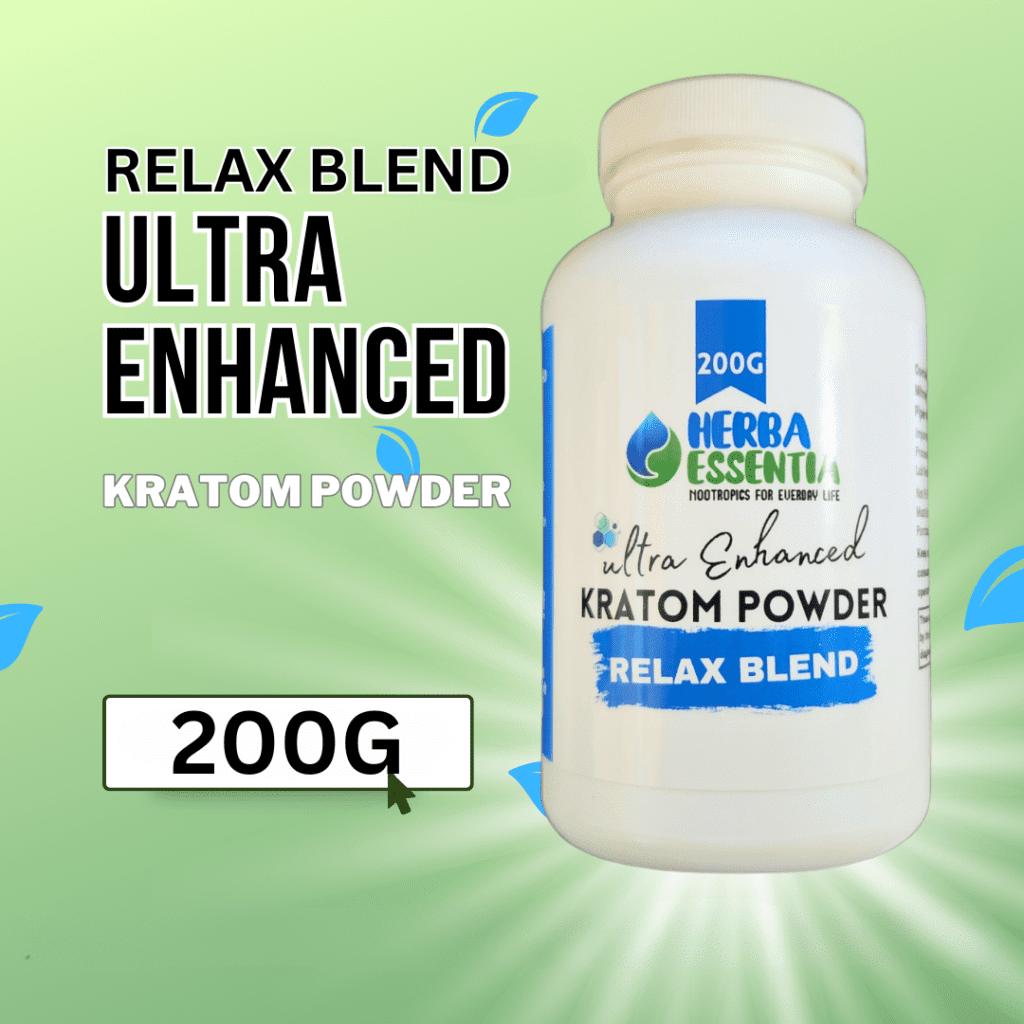
How Long Opiate Withdrawals Last
The duration of opiate withdrawal can vary widely depending on a number of factors, including the type of opiate used, the length and severity of addiction, and individual factors like age and overall health. In general, opiate withdrawal symptoms can last anywhere from a few days to several weeks or even months.
What Are the Symptoms
Opiate withdrawal can cause a range of physical and psychological symptoms, including:
- Nausea and vomiting
- Diarrhea
- Sweating and chills
- Muscle aches and pains
- Anxiety and depression
- Insomnia
- Cravings for opiates
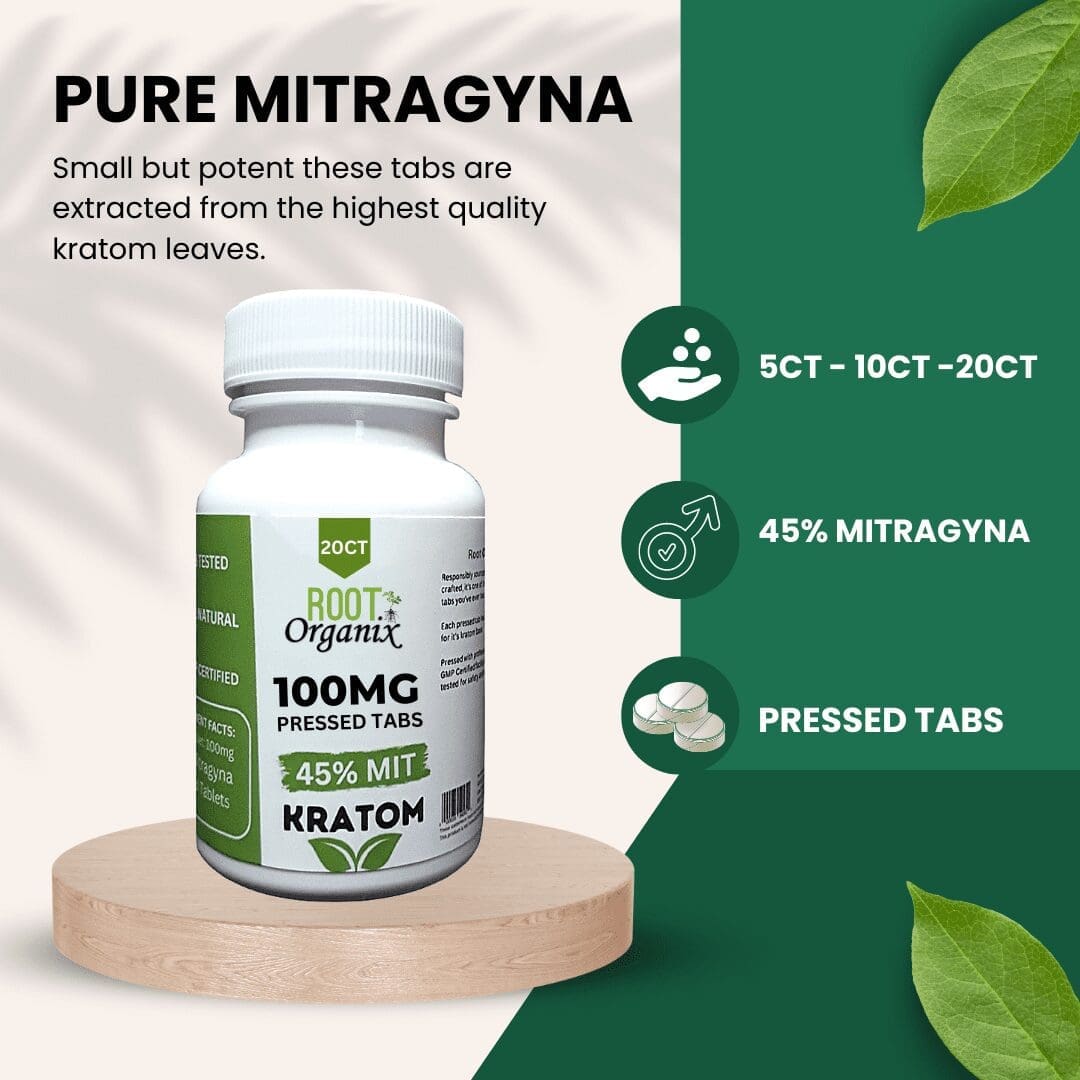
What Factors Affect the Duration
As mentioned, the duration of opiate withdrawal can vary widely depending on a number of factors. Some of the key factors that can impact the length of withdrawal include:
- The type of opiate used: Different opiates have different half-lives, or the amount of time it takes for the drug to leave the body. This can impact how long withdrawal symptoms last.
- The severity and length of addiction: The longer and more severe the addiction, the longer the withdrawal process is likely to be.
- Individual factors: Age, overall health, and genetics can all play a role in how long withdrawal symptoms last.
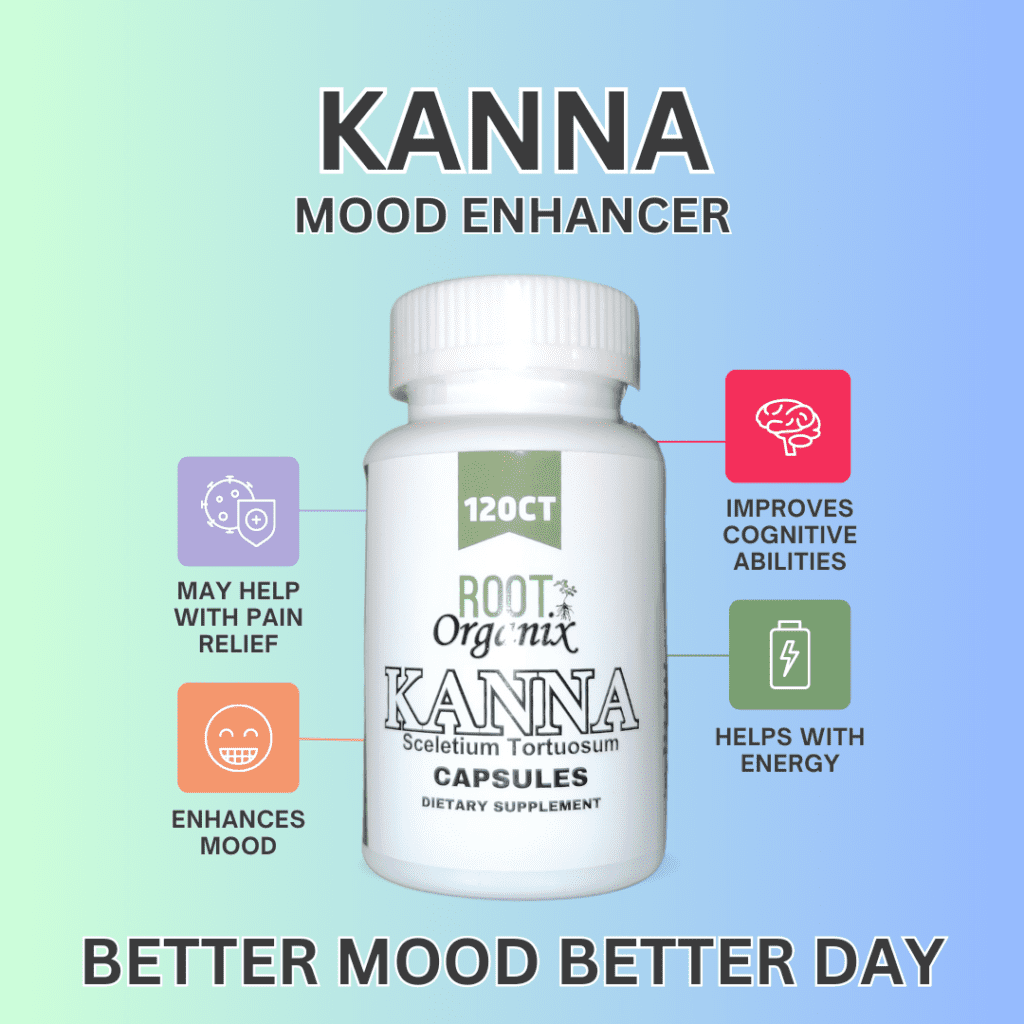
How Can You Manage Symptoms
While opiate withdrawal can be challenging, there are a number of things you can do to manage symptoms and support your recovery, including:
- Medications: Certain medications, like buprenorphine and methadone, can help to manage withdrawal symptoms and reduce cravings for opiates.
- Therapy and support groups: Counseling, therapy, and support groups can all be helpful in managing psychological symptoms of withdrawal and staying on track with recovery.
- Self-care: Taking care of your physical and mental health can help to reduce the severity and duration of withdrawal symptoms. This might include things like getting enough sleep, eating a healthy diet, and practicing relaxation techniques like meditation or yoga.
- Kratom Supplements a natural herb has helped millions of people nationwide with opioid addiction and withdrawal symptoms. This is not the only use case for kratom and it’s potential to help people in other ways are immeasurable.

Conclusion: What We Know Now About Opioids
Opioid withdrawal duration can vary significantly based on several factors, including the type of opioid used, the duration of use, the dosage, and the individual’s physical and mental health. Generally, symptoms can begin within 6-12 hours for short-acting opioids and within 30 hours for longer-acting ones.
Acute withdrawal symptoms often peak within 2-3 days and can last for about a week. However, some individuals may experience prolonged withdrawal symptoms, known as Post-Acute Withdrawal Syndrome (PAWS), which can last for months.
If you or someone you know is struggling with opiate addiction, understanding how long opiate withdrawals last is an important part
FAQS
How long do opiate withdrawal symptoms last?
What are some of the symptoms of opiate withdrawal?
What can I do to manage opiate withdrawal symptoms?
Sources:
- CDC: https://www.cdc.gov/opioids/patients/materials.html
- Hope Harbor Wellness: https://hopeharborwellness.com/opioid-withdrawal/
Related Articles:
- The Cannabis Opioid Conundrum: Facts Now
- We Have A Drug Problem: Understanding The Opioid Crisis
- Opioid Abuse Avoid Symptoms With A.I. Drugs
- Pain Relief Supplements The Ongoing Debate
#opiatewithdrawals #howtokickopioids #opioids #withdrawals #withdrawalsymptoms #opiatewithdrawalduration #howlongopiatewithdrawal #learnaboutopioids #opioidinfo #opioideducation #alternativehealing #herbalsupplements #healthandwellness #naturalmedicines #plantmedicines #learnaboutplantmedicines #thedailydose
Meet The Author


